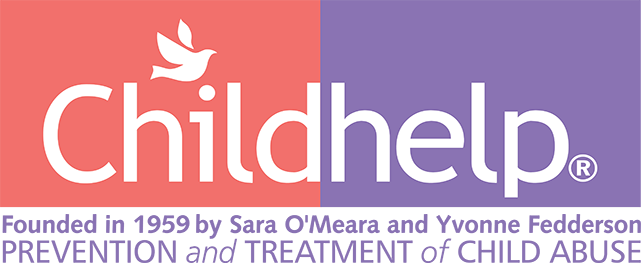
What is Toxic Stress?
How many times do you think this to yourself or say these words in pure frustration? Monthly? Daily?
Everyone feels stressed from time to time. Stressors can help you distinguish what is safe versus what is unsafe.
At one time or another, we have all felt stress. We all know that feeling where your heart and mind races and you get that sudden rush of energy prompting you to react to whatever the situation calls for – this reaction is known as the “fight or flight” response.
When we experience stress, our bodies send messages to our brains to release certain hormones that tell us what we need to do next.

When Stress Becomes Unhealthy
Normal stressors are healthy. They come and go with time and change, but toxic stress builds and stays with us constantly. When living with toxic stress, our brain is rewired to be in a constant state of alert and danger that overrides our ability to reason, to cope with change, and to problem-solve effectively.
Toxic stress keeps us in a constant emotional state of walking on eggshells with no perceived relief in sight.
Over time, toxic stress can wreak havoc on our physical and mental health.
Lost hope can usher in the dark clouds of depression and anxiety making us feel even more stuck. When experiencing toxic stress, nothing feels like it is within our control, and we feel powerless in the narration of our own lives. It may feel like there is no way out and it will last forever… but that does not have to be the case.


Of course, immediate safety takes priority. If you are feeling toxic levels of stress due to physical danger, do not hesitate to reach out for emergency support and get away from the situation.
If physical safety is not an issue, the next thing to assess are our thoughts. Take a moment to stop, assess the stressors, and consider our most pressing needs.
Taking Control of Stress
One of hardest lessons in life is realizing that we cannot truly control the behaviors, perceptions, and reactions of someone else.
Instead, focus on the things that you can control — which is you. You can control your own perceptions, reactions, responses, and ultimately, your selfcare. Take small steps every day and make one positive change to your routine. We all know this is easier said than done.

You Are Not Alone
People are social creatures and are meant to have meaningful relationships. This means that we share the good, bad, and ugly of life with one another. Toxic stress can make us feel like we are on a deserted island but we don’t have to do this alone.

SO FAR
YOU’ VE
SURVIVED 100%
OF YOUR
WORST DAYS.
YOU’RE DOING GREAT.
Amidst the struggles of every day life and the difficult experiences that threaten to overwhelm our bodies’ stress response system, it can feel like our world is ending. With time, supportive coping skills, and with a helping hand of someone who cares, the dark clouds of toxic stress can and will lift, bringing on brighter days.
If you are ready to reach out for help, feel free to contact the Childhelp National Child
Abuse Hotline at 1-800-422-4453 (call/text) or by chat at www.childhelphotline.org
For additional information on toxic stress, please explore Harvard’s Toxic Stress resource.



